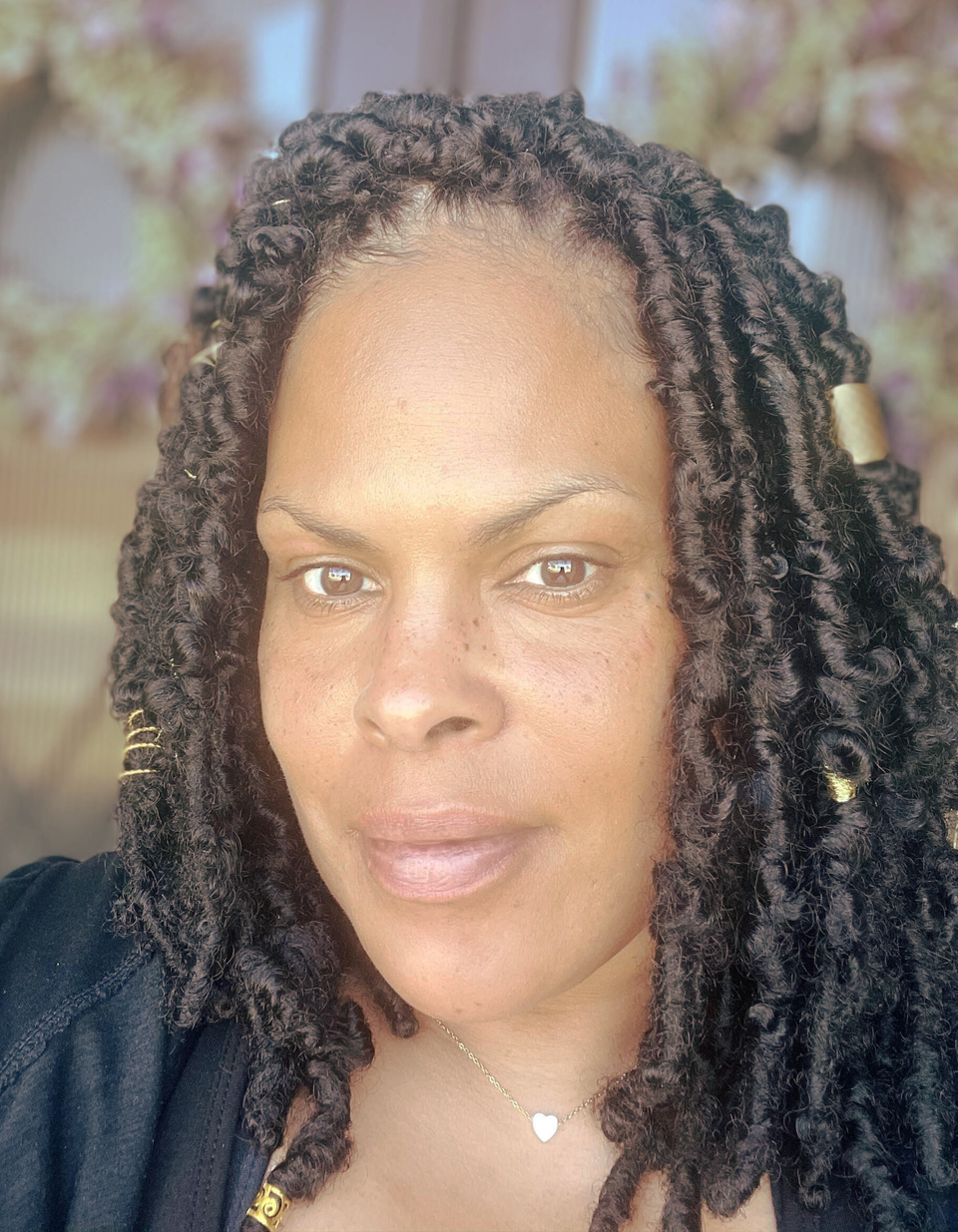June Advocate Spotlight
Michelle Ward

1. How long have you been an Advocate and when did you realize you wanted to become one?
I completed my Advocate training in January and signed onto my first case towards the end of March 2021. I love to help people and knew that I wanted to do some meaningful volunteering. So, I put a lot of thought into considering which population could most benefit from my help and this led me to CASA.
2. What is the most rewarding aspect of being an Advocate?
So far, the most meaningful aspect of CASA is being able to help the kids on my case in whatever way I can; based on what they need. The way to do that is by communicating with them, the caregiver, caseworker, and CASA Supervisor. I have teenagers in my case, and they like to text, so that is easier and quicker. However, it’s also important that you call and speak to them as well because it’s important to have a more through conversation sometimes. Needs will vary and being willing to follow up and follow through to get them what they need is important for their well-being. I’ve worked on issues like getting an eyeglass prescription changed with no additional cost, getting them new computers they can keep through CASA. I’ve spoken with sports coaches, school counselors, and other agencies to get support for my girls. When funding dried up, I wrote a letter requesting funding that was still needed for one of my kids to participate in an activity to give them a healthy outlet. Also, if you get a family with more than one child, it’s important that you develop a relationship with all of the kids on your case because all of them may have different needs, wants, and goals.
3. If you could offer some words of encouragement to your fellow and incoming Advocates, what would they be?
To our advocate family and potential members, I would encourage them to firstly always remember why they became an Advocate or want to be an Advocate. Secondly, keep the kids on their case and their needs and wants in mind with every communication and decision made on their behalf. Thirdly, be sure to establish expectations, boundaries, and limitations with your kids and their caregivers as soon as possible and ALWAYS keep your word. Fourthly, make sure that you document everything—keep it factual, detailed, focused, and keep the emotion out of it. Lastly, communicate with the caseworker on a regular basis to get updates on the case. Communicate often with your CASA Supervisor; ask questions and vent if needed.

In November 2025, Child Protective Services received a referral involving two sisters, ages 13 and 14, who were found caring for themselves. Following the death of their father, the girls experienced ongoing abuse and neglect. They were living in unsafe and unsanitary conditions, frequently left alone without adequate food, functioning plumbing, or consistent supervision, and were exposed to strangers regularly coming in and out of the home. Shortly after removal, Tameka Woolfolk was appointed as the Advocate on the case. From the very beginning, Tameka became one of the few consistent and reliable adults in the girls’ lives. The children experienced and continue to endure placement changes. These frequent transitions created ongoing instability and further complicated the girls’ ability to heal and adjust. Throughout each move, Tameka remained steadily involved, working diligently to ensure that the children’s services and support continued without interruption. She supports the girls not only emotionally, but physically as well helping pack their belongings at each move, accompanying them during school tours, and remaining readily available whenever they need support. Neither child was initially aware that they had the right to speak directly with the judge. Tameka recognized the importance of their voices being heard and with the support of the Ad Litem, helped to facilitate their presence at court, requesting that the judge meet with the girls in a breakout room, so they could personally express their wishes, all with the department, CASA and the Ad Litem by their side. In addition, this case was referred to Collaborative Family Engagement (CFE). During CASA’s ongoing exploration for family connections alongside the Department, Tameka discovered the children’s father’s obituary. Through this discovery, it was learned that the girls’ father had served in the United States Army as a combat medic during the Vietnam War and later worked for 30 years in civil service. Tameka took the initiative to request documentation, including VA records and a death certificate, to determine whether the children might be eligible for survivor benefits. The obituary also revealed that the girls are two of fourteen siblings. While many of the siblings were unable to provide support, CASA and the Department were able to establish contact with one brother. Through Tameka’s strong collaborative relationship with the Department and the Attorney Ad Litem, a thoughtful and appropriate plan was developed to allow the girls to begin visits with their brother, his wife, and their cousins. Although this story is still unfolding, both girls know one unwavering belief, that no matter what comes next, they know that Miss Tameka will continue to stand beside them every step of the way.







